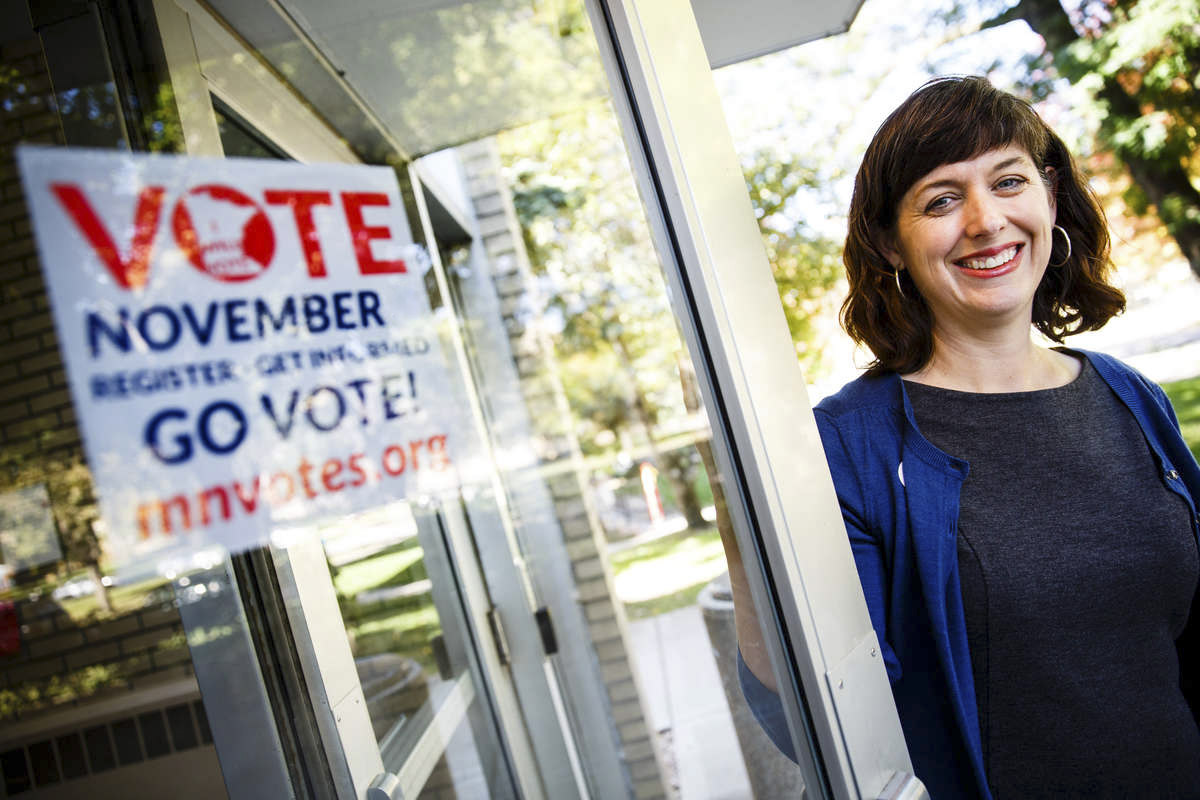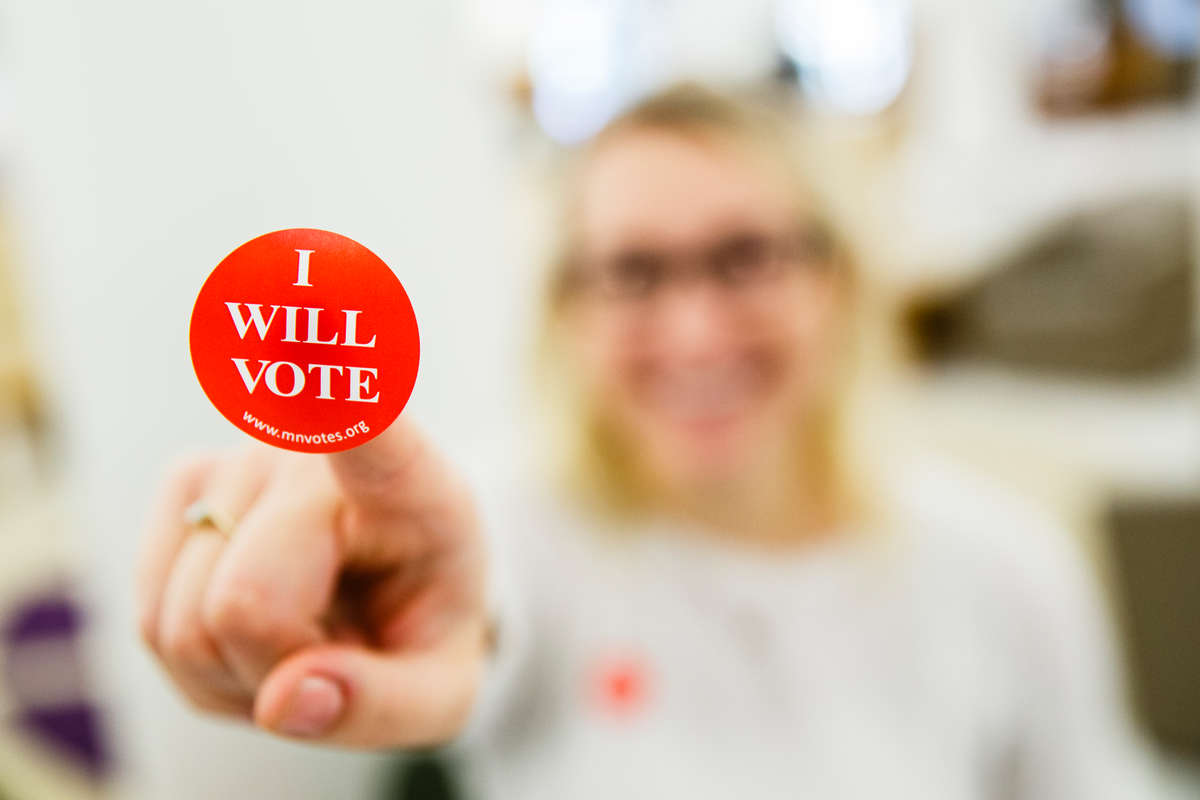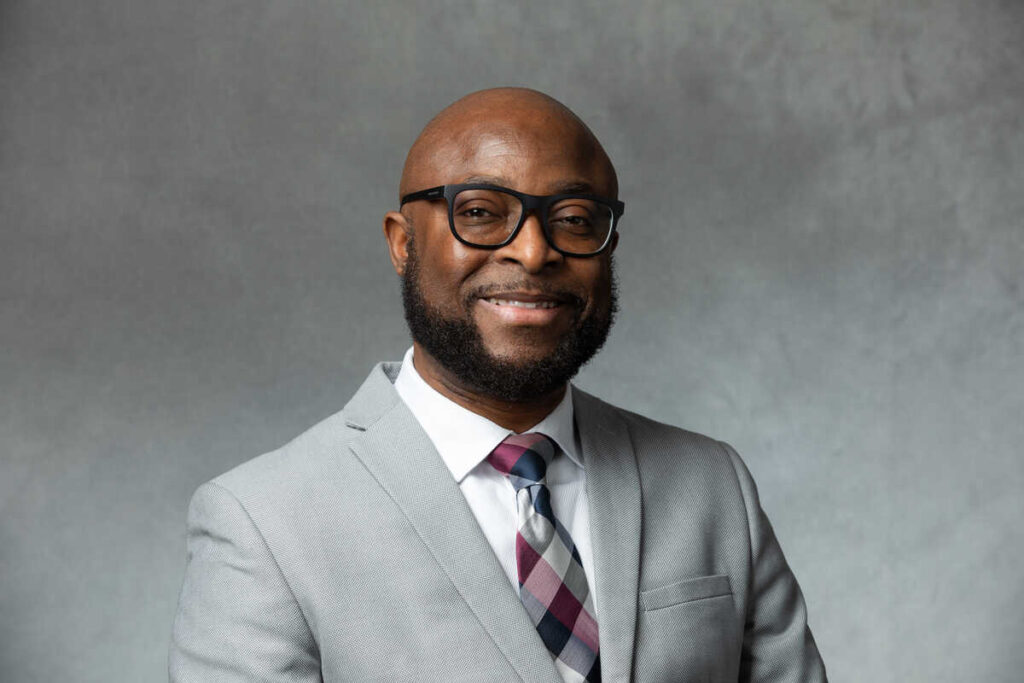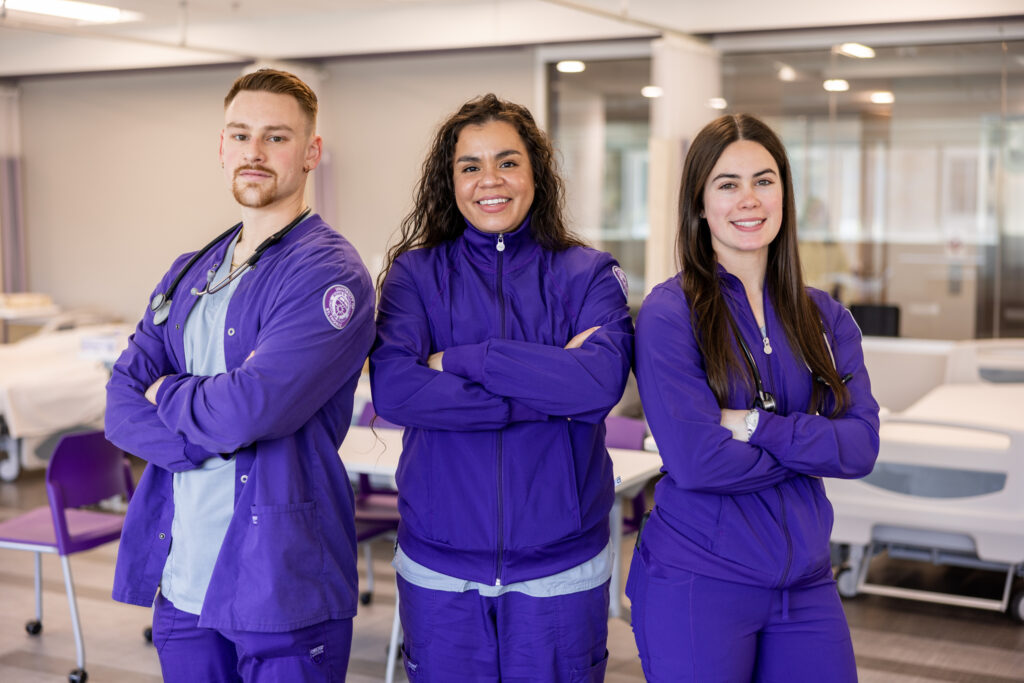Voting has been shown to have a positive relationship with many of the social determinants of health, including higher levels of civic participation, stronger relationships, and greater access to neighborhood and community resources. Voting is also linked to better outcomes for the individuals. For example, Lynn Sanders at the University of Virginia found that voting may help reduce rates of stress, depression and anxiety among some individuals. Other studies have linked voting to better physical health, lower rates of unemployment, and improved overall well-being. Engaging in meaningful civic engagement activities including voting helps people develop a stronger sense of connection with each other and with their communities; which, in turn, creates healthier communities through increased civic participation.
Health care providers – social workers, psychologists, nurses, doctors, physical and occupational therapists, public health workers and everyone else who serves the health needs of the population – have an ethical mandate to advance positive health care outcomes for their patients, clients and communities. That could and should include promoting voter engagement, and these workers are particularly well situated to take action.
Many studies have shown that people who face barriers to the voting process also face higher rates of health disparities. One study found high rates of disenfranchisement among people while they experience significant illnesses; another identified a greater likelihood of disenfranchisement among people with disabilities and significant mental illnesses. Additionally, there is a large body of literature that demonstrates the ongoing effects of systemic disenfranchisement on young people, people experiencing poverty, and people of color – and the ensuing policies and programs that directly impact these communities. Dr. Chloe Brown and her colleagues at the University of Toronto describe the relationship between voting and health as “bidirectional,” saying: “Taken together, a cycle can develop of poor health and political disempowerment.” As experts within the health care system, health care workers can understand the health implications of voting – particularly so during a global pandemic and national reckoning on race. It is incumbent upon those in the field to address these inequities.
Health care workers are in a position to address these inequities and to engage with clients and communities around voter engagement, because of their role in communities as trusted sources of information and education. Historically, targeted efforts to address inequities in voter participation have yielded reductions in some health-associated disparities. For example, Dr. Nicholas Yagoda discusses that “the enfranchisement of black voters is associated with a narrowing of the black-white education gap, while the enfranchisement of women has led to increased spending on children and a reduction in child mortality.” Given all of this, integrating voter engagement into health care settings makes good and practical sense.
The Morrison Family College of Health is a partner in VotER, a national, nonpartisan effort to engage more health care workers and providers in voter registration, education, and turnout. I am a leader in the National Social Work Voter Mobilization Campaign, which has a similar mission for social workers. Based on this work, here are some concrete actions health care workers, faculty and students can take:
- Educate yourself, your community, and your clients about how to vote and vote safely. Information about voter registration, absentee ballots and polling places in Minnesota can be found at mnvotes.org. If you are looking for information about voting outside of Minnesota, www.turbovote.org is a wonderful, nonpartisan resource.
- Remember that voting is contextual. People vote if they see their own role in the electoral process. As health care professionals, we must help our clients, our colleagues and our communities see that their voices matter. Start having those conversations now.
- Voting is also social. People are more likely to vote if they know other people who vote. Build a culture of voter engagement among clients, students and communities. Ask someone today if they plan to vote.
- We learn to be voters. Provide education, mentoring and role modeling to clients and colleagues to encourage voting. Identify what is confusing about the process and help others navigate those hurdles.
- Voting is a human right, yet structures exist that reinforce inequalities and disenfranchise our communities. Get involved with groups and advocacy organizations working to ensure voting is as accessible as possible.
Regardless of your role in the health care ecosystem, all of us can play a part in engaging our communities in healthy voting behaviors. Our collective health depends on it.

Katharine Hill
Katharine Hill, MPP, MSW, PhD, LISW, is the director of the School of Social Work.







